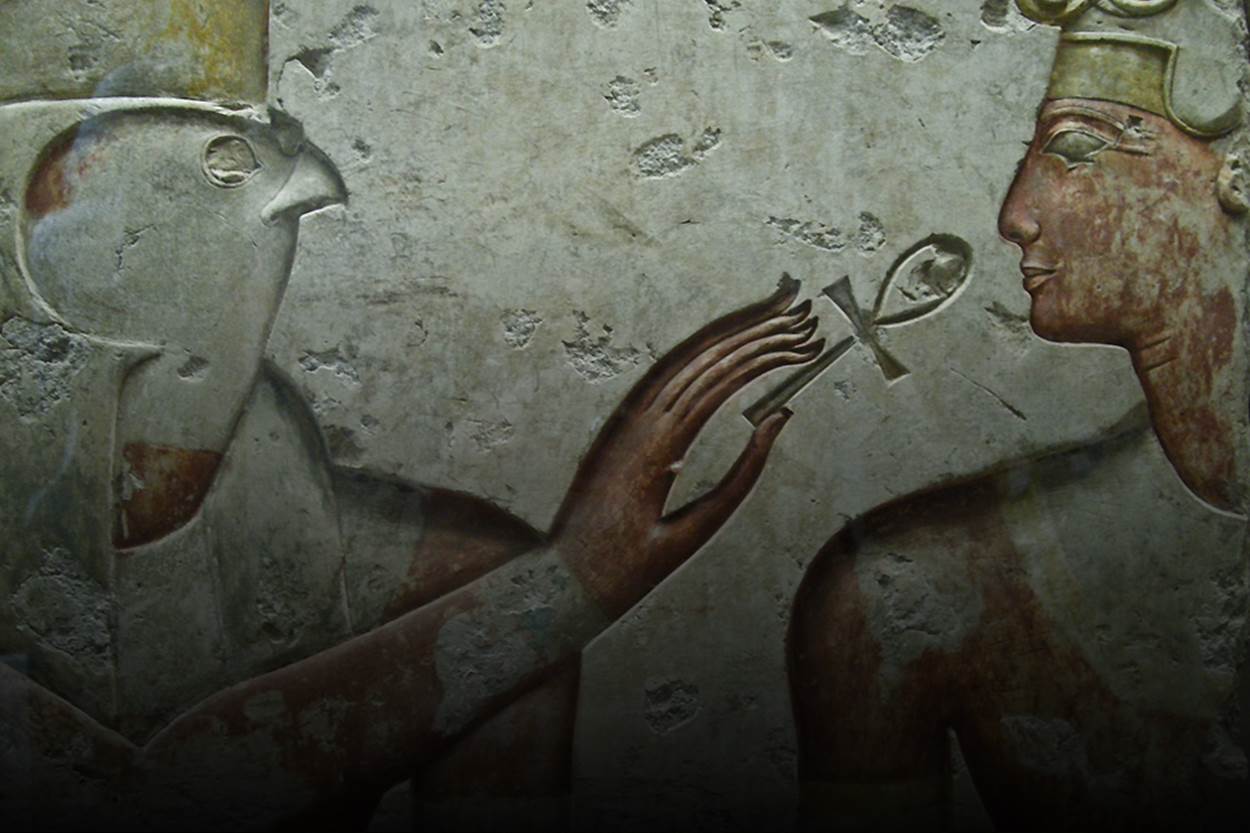CREATION EX NIHILO, PHILOSOPHY
TIME, THE SUCCESSION OF MOMENTS, AND AN ACTUAL INFINITE
MARCH 26, 2010 DARRELL 0 COMMENTS
Post Author: Darrell
I recently did a couple of posts regarding the incoherence of an actual infinite and how, as a result, the eternality of matter as taught in Mormonism is impossible. These posts can be found here and here.
I want to address another way of analyzing the concept of “eternal matter” as taught in the Mormon Church. Let’s assume for a moment that an actual infinite is possible; could matter have always existed, i.e., could it be eternal? Unfortunately for Mormons who hold to creation ex materia, the answer is a resounding “no.”
According to Einstein’s Theory of Relativity if matter has always existed, time has always existed, for time and matter are relative, i.e., you can’t have one without the other. In addition, if time has always existed, the past is actually infinite. In otherwords, prior to today there have existed an actually infinite number of moments (see the above referenced posts which discussed this fact). However, time is a series of events or moments formed by successive addition, and it is impossible to form an actual infinite through successive addition.
In successive addition, the collection is instantiated sequentially. For example, if I am given one M&M at a time, no matter how many M&M’s I receive it is always possible for me to be given “one more.” Thus, one could never say that I have an actually infinite number of M&M’s.
In the same sense, since time is formed through successive addition, i.e., one moment followed by another, no matter how much time has passed, more time is always possible. You can always have “one more moment.” As a result, it is never possible to say that prior to today there has been an actually infinite amount of time.
There are additional philosophical issues with eternal matter and the succession of moments in a beginningless/eternal universe. Paul Copan and William Lane Craig share some of their thoughts in The New Mormon Challenge.
In order for us to have “arrived” at today, existence has, so to speak, traversed an infinite number of prior events. But before the present event could arrive, the event immediately prior to it would have to arrive; and before that event could arrive, the event immediately prior to it would have to arrive; and so on ad infinitum. No event could ever arrive, since before it could elapse there would always be one more event that had to have happened first. Thus, if the series of past event were beginningless, the present event could not have arrived, which is absurd! (Copan and Craig, The New Mormon Challenge, Zondervan, 2002, 135)
The temporal series of events we call time cannot be actually infinite, and as a result, the universe, time, and matter all had to have a beginning. The universe could not have been created ex materia, for eternal matter is impossible. In addition to the the philosophical arguments, there is a wealth of scientific data to support the finite nature of matter, time, and the universe. It can easily be said that nearly all signs point towards creation ex nihilo just as traditional Christianity has been declaring for nearly 2000 years.
God Bless!
Darrell

TIME, THE SUCCESSION OF MOMENTS, AND AN ACTUAL INFINITE
MARCH 26, 2010 DARRELL 0 COMMENTS
Post Author: Darrell
I recently did a couple of posts regarding the incoherence of an actual infinite and how, as a result, the eternality of matter as taught in Mormonism is impossible. These posts can be found here and here.
I want to address another way of analyzing the concept of “eternal matter” as taught in the Mormon Church. Let’s assume for a moment that an actual infinite is possible; could matter have always existed, i.e., could it be eternal? Unfortunately for Mormons who hold to creation ex materia, the answer is a resounding “no.”
According to Einstein’s Theory of Relativity if matter has always existed, time has always existed, for time and matter are relative, i.e., you can’t have one without the other. In addition, if time has always existed, the past is actually infinite. In otherwords, prior to today there have existed an actually infinite number of moments (see the above referenced posts which discussed this fact). However, time is a series of events or moments formed by successive addition, and it is impossible to form an actual infinite through successive addition.
In successive addition, the collection is instantiated sequentially. For example, if I am given one M&M at a time, no matter how many M&M’s I receive it is always possible for me to be given “one more.” Thus, one could never say that I have an actually infinite number of M&M’s.
In the same sense, since time is formed through successive addition, i.e., one moment followed by another, no matter how much time has passed, more time is always possible. You can always have “one more moment.” As a result, it is never possible to say that prior to today there has been an actually infinite amount of time.
There are additional philosophical issues with eternal matter and the succession of moments in a beginningless/eternal universe. Paul Copan and William Lane Craig share some of their thoughts in The New Mormon Challenge.
In order for us to have “arrived” at today, existence has, so to speak, traversed an infinite number of prior events. But before the present event could arrive, the event immediately prior to it would have to arrive; and before that event could arrive, the event immediately prior to it would have to arrive; and so on ad infinitum. No event could ever arrive, since before it could elapse there would always be one more event that had to have happened first. Thus, if the series of past event were beginningless, the present event could not have arrived, which is absurd! (Copan and Craig, The New Mormon Challenge, Zondervan, 2002, 135)
The temporal series of events we call time cannot be actually infinite, and as a result, the universe, time, and matter all had to have a beginning. The universe could not have been created ex materia, for eternal matter is impossible. In addition to the the philosophical arguments, there is a wealth of scientific data to support the finite nature of matter, time, and the universe. It can easily be said that nearly all signs point towards creation ex nihilo just as traditional Christianity has been declaring for nearly 2000 years.
God Bless!
Darrell

Creation Ex Materia – Tough Questions Answered
www.toughquestionsanswered.org








































